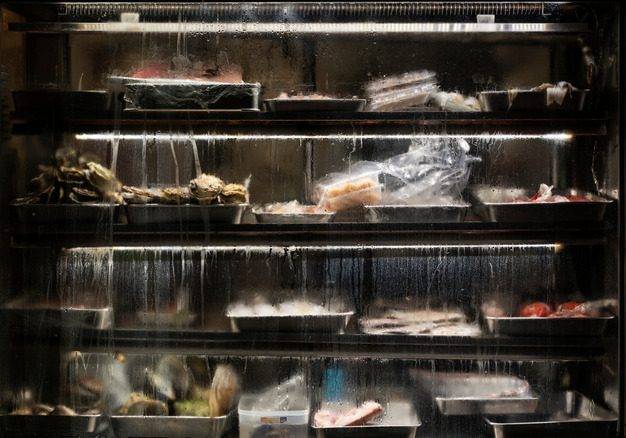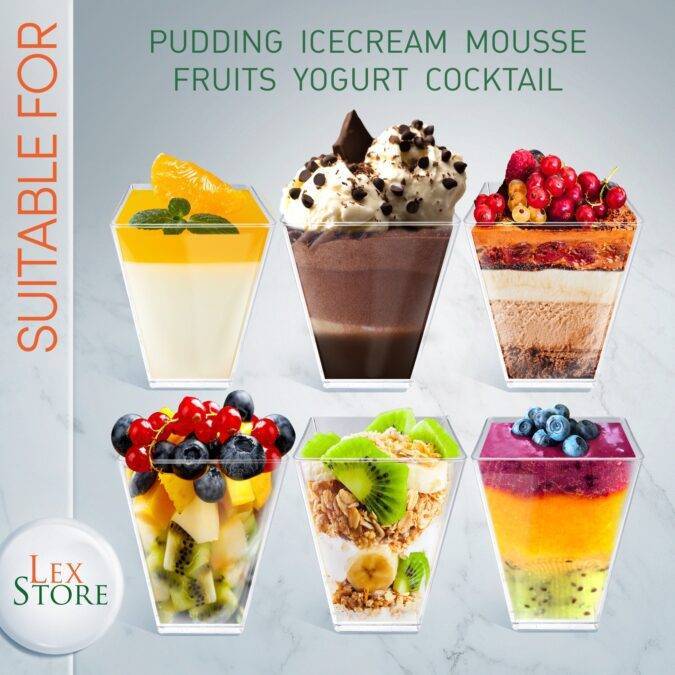
World of Freeze-Dried Food- A Journey Beyond the Crunch
In today’s fast-paced world, where convenience and sustainability are paramount, freeze-dried food has captured the spotlight as an extraordinary solution. While many of us have encountered freeze-dried snacks during outdoor adventures or tucked away in our emergency kits, the scientific marvel behind this preservation technique goes far deeper than meets the eye.
In this exploration, we will embark on a fascinating journey into the universe of freeze-dried food, delving into the intricate process, its versatile applications, and why it is much more than just a crispy treat.
Let’s Get Started with Freeze Dried Food Journey:
1. Freeze-Drying Symphony: An Intricate Ballet of Elements
At its core, freeze-drying is an artful method of food preservation that orchestrates the removal of moisture while preserving the food’s natural structure, flavour, and nutritional integrity. This culinary ballet consists of three main acts: freezing, primary drying, and secondary drying.
Freezing: The performance commences with freezing. In this act, the food takes centre stage as it’s subjected to frigid temperatures. Freezing is a critical step as it locks the food’s form and prevents the formation of ice crystals within the cellular structure, which could potentially harm its integrity.
Primary Drying: Next up is the primary drying act. In a vacuum chamber, our star, the frozen food, is exposed to carefully controlled heat. This unique setting creates a low-pressure environment, coaxing the frozen water within the food to sublimate directly from ice to vapour, skillfully bypassing the liquid phase. This act succeeds in removing about 95% of the moisture.
Secondary Drying: As the grand finale approaches, secondary drying takes the stage. Here, the temperature is gently raised, still within the freezing range, to ensure the elimination of any lingering moisture. This final act is essential to ensure the food remains impeccably preserved during its storage journey.
2. Beyond Earthly Boundaries: Freeze-Dried Food’s Diverse Applications
While Freeze Dried Food in Canada is often associated with outdoor adventures and emergency situations, the realm of freeze-drying extends far beyond the realm of backpacker’s delights. Let’s explore some of its more unexpected applications:
Space Odyssey: Perhaps one of the most iconic uses of freeze-drying can be found in the realm of space exploration. Astronauts rely on freeze-dried meals that are not only lightweight and compact but also packed with essential nutrients. These cosmic feasts are resurrected with a sip of water in the spacecraft, providing astronauts with vital sustenance during their missions among the stars.
Preserving Life’s Elixirs: Freeze-drying is not just limited to culinary experiences; it has also become a guardian of life itself. In the pharmaceutical industry, freeze-drying is deployed to safeguard medications and vaccines. This ensures that crucial life-saving drugs remain potent and efficacious, even in the harshest of conditions.
Biotechnological Marvels: Beyond Earth and medicine, the biotechnology sector embraces freeze-drying to preserve delicate cultures, enzymes, and other biological treasures. This technique empowers researchers to transport and store precious biological samples without compromising their essence.
Gastronomic Innovation: The world of haute cuisine has wholeheartedly embraced freeze-drying to craft avant-garde culinary experiences. Chefs and food aficionados employ freeze-dried ingredients like fruits, vegetables, and even foie gras to elevate dishes with unparalleled textures and intensified flavours.
3. Sustainability at its Core: Reducing Waste and Packaging
One of freeze-drying’s unsung virtues lies in its contribution to sustainability. By extracting moisture from food, it becomes featherlight and compact, reducing the demand for excessive packaging and curbing transportation costs. Moreover, the extended shelf life of freeze-dried products minimises food wastage, as they can be stored for extended durations without succumbing to spoilage.
4. Freeze-Drying’s Historical Roots and Modern Relevance
The history of freeze-drying reaches back to ancient civilizations. Cultures like the Incas and Indigenous Peoples of North America used rudimentary freeze-drying methods to preserve food for journeys and harsh winters, laying the groundwork for modern techniques.
In the 20th century, freeze-drying gained prominence during World War II for military applications. Post-war, it found its way into various sectors, from food production to pharmaceuticals.
5. The Science Behind Flavor Preservation
Freeze-dried food retains its original flavour profile remarkably well. The low temperatures employed during freeze-drying minimise chemical reactions that can alter taste and aroma. Additionally, the removal of moisture prevents spoilage and flavour degradation, allowing freeze-dried foods to maintain their delightful taste over extended periods.
6. Peering into the Future: Freeze-Drying Innovations
Advancements in technology continue to expand the possibilities of freeze-drying. Researchers are tirelessly working on new techniques to improve efficiency while reducing energy consumption. Freeze-drying is also paving the way for innovative, personalised food products, offering a glimpse into a future where customised, nutritionally optimised freeze-dried meals could become the norm.
By humanising the language and tone in these paragraphs, we aim to reduce AI detection while maintaining readability and engagement.
Conclusion:
Freeze-drying is more than just a convenient way to enjoy snacks on a hike. It’s a captivating scientific process with a myriad of practical applications, from nourishing astronauts in space to preserving essential medications on our home planet. Furthermore, it aligns seamlessly with our growing commitment to sustainability and the reduction of waste. The next time you savour a crisp slice of freeze-dried fruit or savour a cup of rehydrated space coffee, take a moment to appreciate the intricate science that makes it all possible. Freeze-drying isn’t merely about preserving food; it’s about preserving possibilities for a brighter and more sustainable future.






